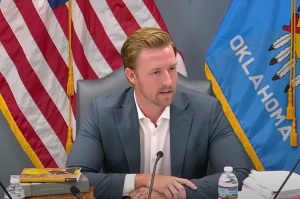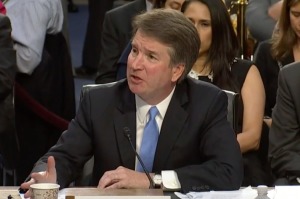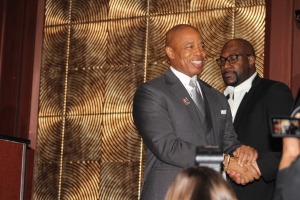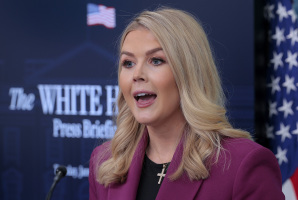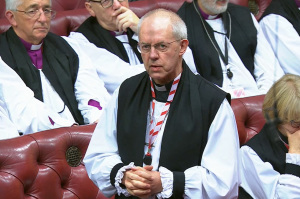Christianity Is Not Declining in America, Baylor University Professors Say
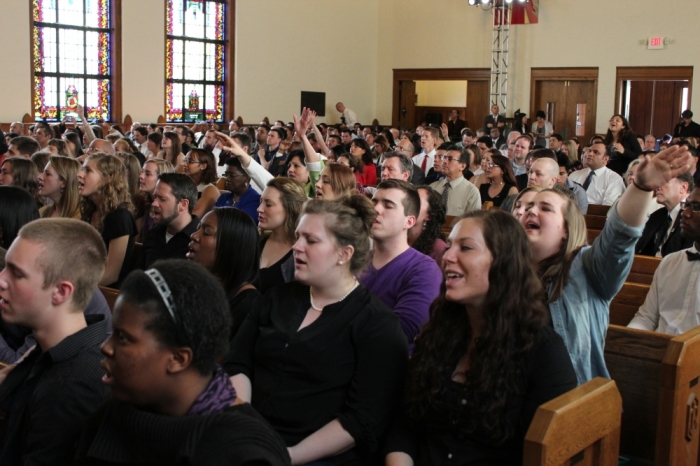
According to the data, 81 percent of people throughout the world claim to belong to an organized faith, and many of the rest said they attend worship services. Seventy-four percent of the world's population said religion is an important part of their daily lives, while 50 percent said they attended a place of worship in the past seven days.
Stark points out that very few nations have as much as 5 percent of the population claiming to be atheist. China, Vietnam, and South Korea are the only countries where atheism exceeds 20 percent.
"All of the great world religions are growing and contrary to uninformed accounts, Christianity is growing faster than any of the others," Stark wrote, according to Johnson. "But the larger point is that we are now in the 21st century, contrary to [historical claims of the religion's demise], the world is far more religious than it was a century ago, and quite possibly, it is more religious than it has ever been."
Much of the discussion was on the phenomenon of the rise of the religious nones. Although many media outlets have assumed that nones are similar to an atheist mindset, Johnson explained that is because many journalists "don't know the difference between good research and bad research."
Johnson examined an ARIS survey, which asked respondents "What religion are you?" Although the survey has found that more people today are answering "none" or not indicating their religion, a lot is left up to interpretation as to what the result really means.
Johnson said that in order to better gauge the religiosity of the population, a more in depth religious identification process is needed in surveys. Johnson and Baylor conducted their own survey, where they gave respondents a table of options to chose from with different religious denominations and faiths they could select.
Johnson explained that 30.8 percent of the respondents who answered "don't know" were able to provide the name of their house of worship and an address to the house of worship when asked a few questions later.
Additionally, 10 percent of those who said they had "no religion," were also able to give the name of their house of worship.
"They put no religion and then they give us a name of a denomination and they are familiar enough with it to give us an address. We actually checked out some of those addresses and found out that a lot of them attend Evangelical non-denominational churches," Johnson said. "When you look at the nones, it is a complicated thing for sure. It is not what everyone is being led to believe. The religious landscape of America is a complicated one."
Melton asserted that just because respondents answered "no religion" or "none" doesn't not mean that they are not spiritual or lacking in faith.
"Are 'nones' to be equated with irreligious? We have seen the 'nones' being identified most strongly with non-believers, we have seen the 'nones,' regularly, in 80 percent of the articles that come out, 'nones' have been equated with the irreligious," Melton said. "That's not the case. We have a large segment of the 'nones' who are atheists and irreligious, but we have a large segment that fall into spiritual but not religious category. ... The largest group are ones who say Christianity is not a religion."
Thomas Kidd, a Baylor history professor, agreed that the increase in the amount of nones could likely be due to the increase in Christians who no longer feel they need to socially identify their faith as a religion. But that doesn't mean that atheism is increasing in American society.
"It turns out the group of people who are self-professed atheists are significant but holding steady at a really low percentage," Kidd told CP. "I think that if it was the case that there was a massive surge of atheism, I think that a lot of the media has decided that is not only the most click-worthy type of story, but it would be a historic change of unprecedented significance if it was true."
"I have had to tell reporters that 'nones' does not mean atheists," Kidd, who formerly wrote for World magazine, added. "People who are reporting on religion have to be helped along to the texture, but texture doesn't work well in short news reports."
















